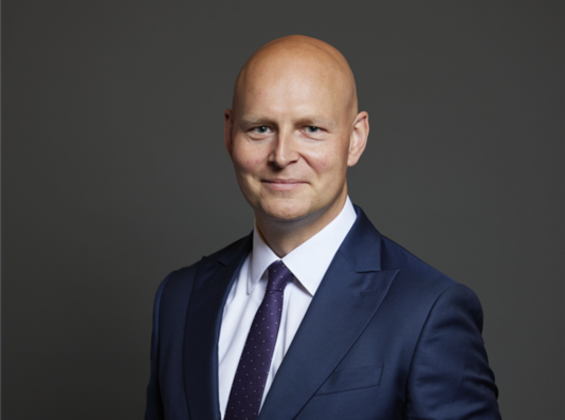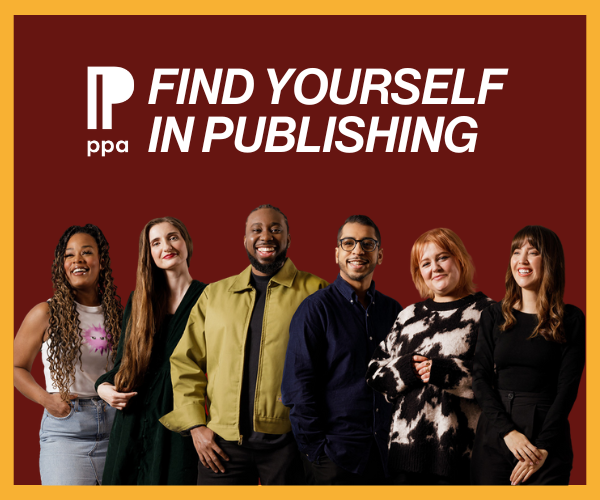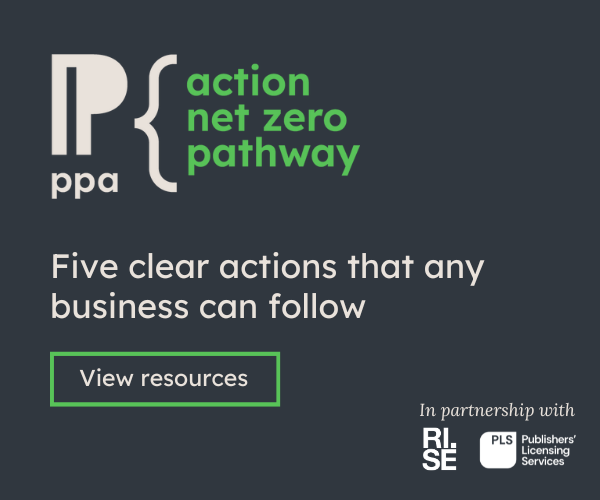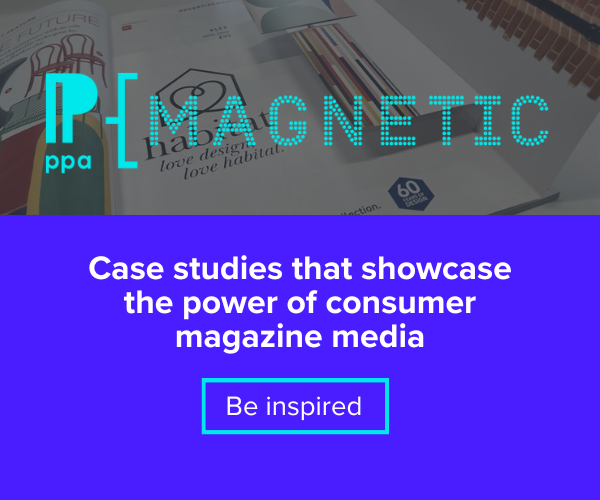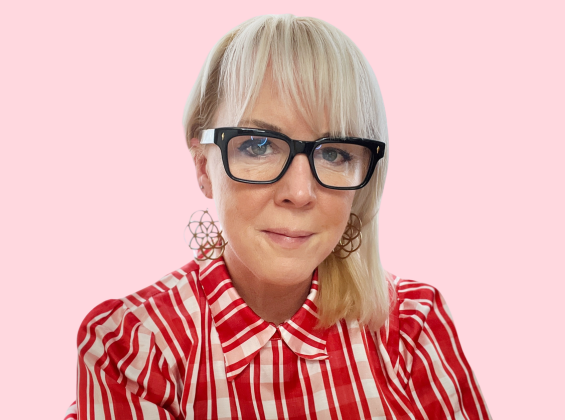What made you want to work in publishing?
My background is in visual arts – I went to art school and my plan after was to find a job where I could write about art. Obviously that can be quite a hard thing to pursue a career in! While I was in my final year at uni, The Skinny started up, so I found my way in step by step. I didn’t start out thinking, I want to run a magazine, I started out thinking I want to write about art, and recognised that I wanted to write about other things too. I soon realised I had the skills to do production in the newspaper context, and I could actually make a living going down the production-y, editor-y route, and then came to really love the process of editing.
Now in reflection, I can see where the origins of this lie in terms of what I was doing when I was in my early 20s. For my university dissertation I wrote about the use of the veil in contemporary Islamic female art. This was that point in the early 2000s where there was a big rise in Islamophobia, post 9/11. I looked at the veil as a signifier of the divide between cultures and the signifier of misinterpretation. I think that idea is something that I feel we try to explore in the magazine. Trying to create a better understanding between people and countries and cultures. That’s what keeps me interested in making this magazine. Trying to connect people to things that are going on, which are going to make them think, make them get out their houses and enjoy their lives a little bit more.
You’ve been at The Skinny since 2008, working your way up from Chief Sub-editor to Editor-in-Chief, what have been the biggest changes you’ve noticed since being there?
It’s very much a DIY publication. That comes from where it started with a sort of punk scene/vibe, and we still have that to a degree, but it’s incrementally grown to be an functioning business which is able to pay everyone that works there. We’ve developed partnerships with institutions which means we have a much greater level of respect, which is nice. We’ve done lots of things as a business during that period, for example we launched in the north of England for four years from 2013-2017. That was an exciting period of expanding where we effectively tried franchising the main magazine to different areas. We had lots of ideas where we could take it if that model was to be successful.
The Skinny has changed its face quite a lot. We’ve got a different design and we’ve hopefully evolved. How and what we cover has changed as well as the general landscape… for example when I first became editor people were still asking if women could actually be funny!
The Skinny is published in Edinburgh, Glasgow and Dundee. What are some of the benefits of working for a publication that is for a specific region?
I think in this specific region we have an underlying identity. That was something that was interesting in terms of the North expansion. We realised that there isn’t an underlying identity there in the same way there is an underlying identity here. Yeah, there is rivalry between the cities in Scotland, but everyone ultimately is Scottish. I think it’s about community building – that’s what’s really important and that’s the core of what we do. It’s about people being able to enjoy living where they are and to be able to work in interesting careers.
It’s a huge thing in Scotland, the graduate departure to the south and to London, because that’s where opportunities are. I think it’s really important to try and build opportunities everywhere that people live.
Can you tell us a bit about your lockdown strategy as an ad funded independent magazine?
It was extremely stressful. We were just having to make decisions based on the next thing that presented itself because we only had enough money in the bank to cover the first wage bill. The priority was the wages. We cut out all other expenditures and we stopped publishing. The lockdown was announced in the week we were sending the April issue to the printers. We had redo the entire magazine covering things to do indoors. Soon after the furlough scheme was announced we furloughed everyone apart from the GM. I was even furloughed because I had a three-year-old and the nurseries had shut. We kept contact but basically the furlough scheme allowed us to at least just keep covering the wage bill, while everything else was put on hold. We shut the office, cancelled the printing, and closed everything down. We went through the budget line by line and cut everything out apart from the staff and the freelancers.
Once the furlough scheme opened up to a percentage of working, we brought back a small team to try and work out how to bring enough money to bring more people back and start publishing again. We did a crowd funder in August 2020 that meant we could make the September issue. Then from September we would make just enough money to keep publishing with everyone on really reduced hours, and we’ve been publishing every month since then. We were able to get some money from Creative Scotland because of our position as a cultural magazine. The Scottish market, particularly the newspapers, have cut their arts coverage hugely in the past 10 years. At this point many other cultural magazines have just completely vanished. That funding kept us going for ages because the furlough scheme came back as well.
Can you tell us a bit about the ‘Intersections’ section of your website?
It’s effectively the opinion space. It’s had a lot of different names and evolved over the years. Its name has changed and that is quite reflective of the culture at the time. It was renamed ‘Intersections’ about five years ago as it’s a space for discussion, a space for platforming people and opinions that might not have space elsewhere. The name comes out of that idea of the intersection between different experiences and viewpoints. It’s really interesting and I think a lot of that comes from the people who’ve edited it. It’s got a strong vision – providing a platform for the editors to platform other people to explore things that are not getting the thoughtful coverage they should get elsewhere. There is a lot of stuff that is covered in a very reductive way in media generally, and it’s important to give a space for nuance.
What’s on your radar?
I am excited about the summer events. Our other publication Fest is coming back and has a new editor – Arusa Qureshi which is really cool. Fest is turning 20 And I’m really excited by Arusa taking over. People who have edited it previously have done an amazing job, but it’s nice to have that new perspective.
What magazine do you stockpile?
The Skinny obviously! I have boxes of it in my house. Weirdly I’m also really into Vanity Fair. I like reading it on aeroplanes. I quite like it’s a combination of celebrity nonsense and more political investigations. And of course, its vendetta against Donald Trump. I think it’s easier to read because you’re almost looking in in this different world of America.
